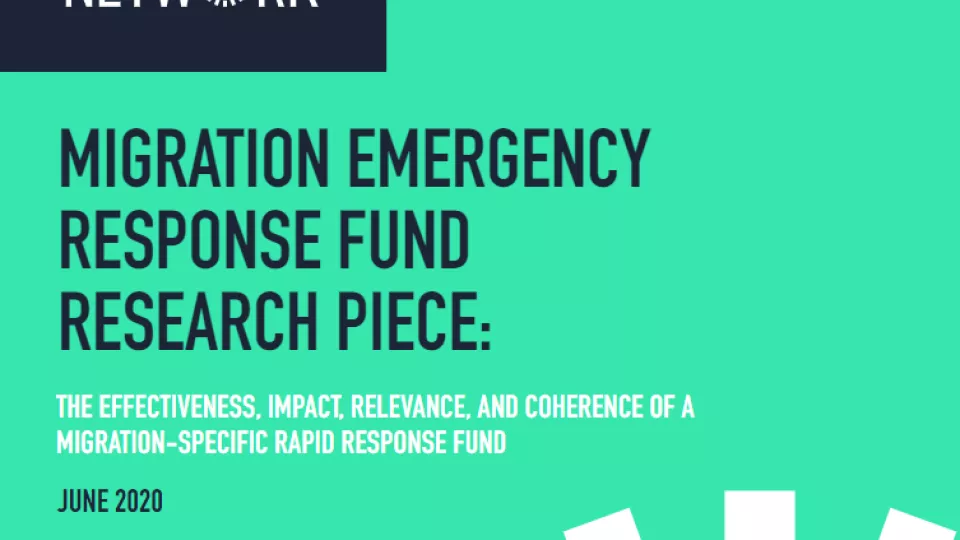
Migration Emergency Response Fund Research Piece - Management response
A management response to the Migration Emergency Response Fund (MERF) Research Piece

A management response to the Migration Emergency Response Fund (MERF) Research Piece
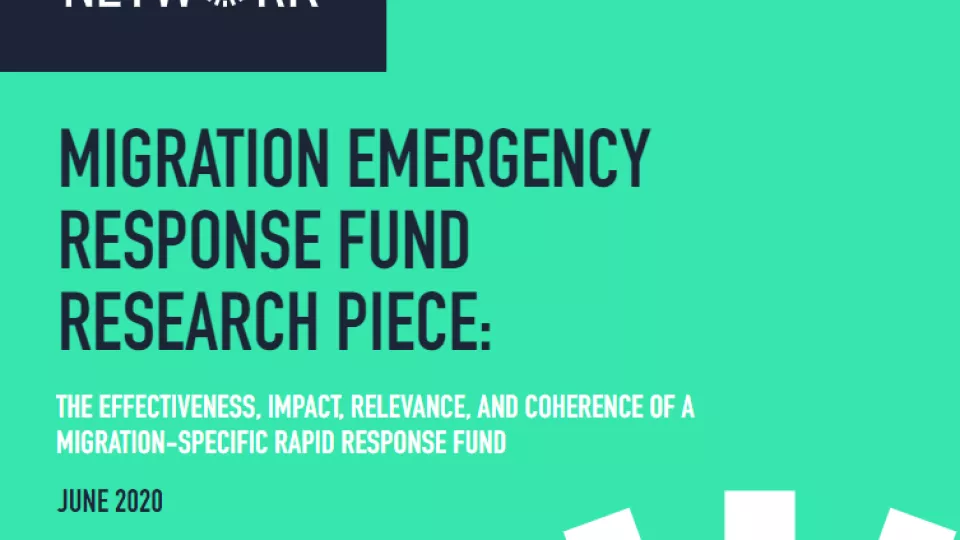
This research piece attempts to navigate the discussion and explore Start Network members’, donors’ and staff perceptions and experiences of the Start Network’s dedicated Migration Emergency Response Fund (MERF), with a view to making practical recommendations in support of Start Network’s institutional engagement with mixed migration going forward.
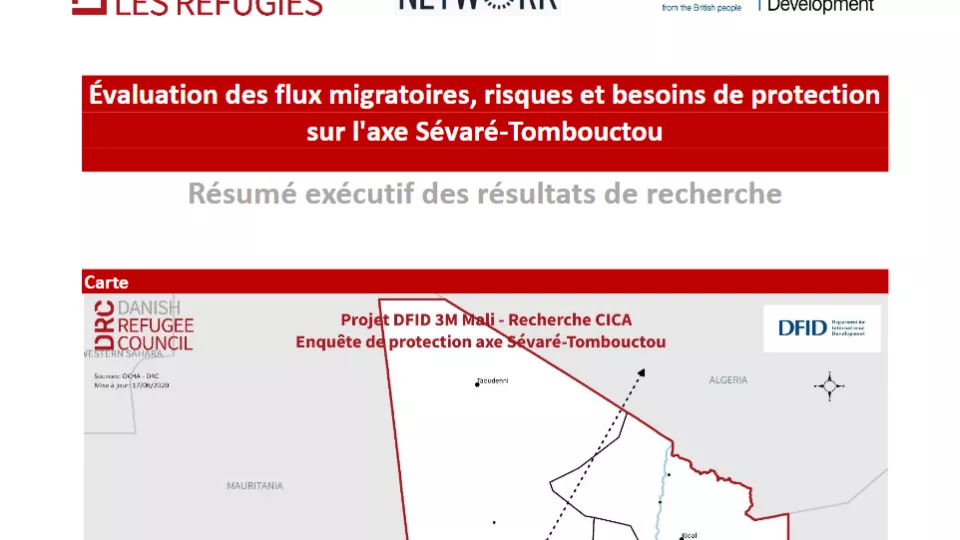
Le financement du MERF a été accordé sous la forme d'une subvention pour la Collaborative Information Collection and Analysis (CICA) afin d'évaluer les besoins sur la route émergente entre Sévaré et Tombouctou. L'évaluation a été menée par le Danish Refugee Council (DRC) au Mali et a confirmé le nombre très élevé de migrants utilisant cet itinéraire ainsi que le besoin d'une aide à la protection.
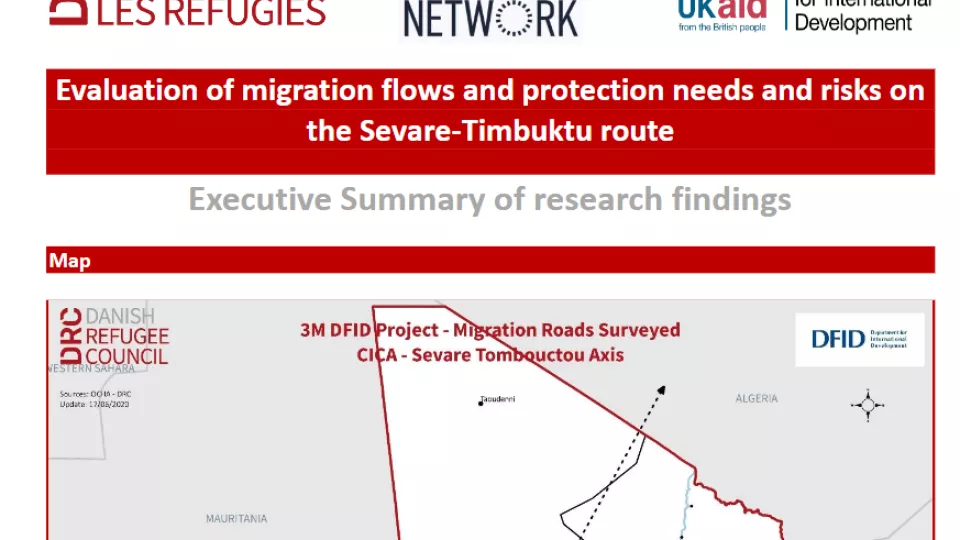
Funding from the Migration Emergency Response Fund (MERF) was awarded in the form of a Collaborative Information Collection and Analysis (CICA) grant in order to assess the needs on the emerging route between Sévaré and Timbuktu.
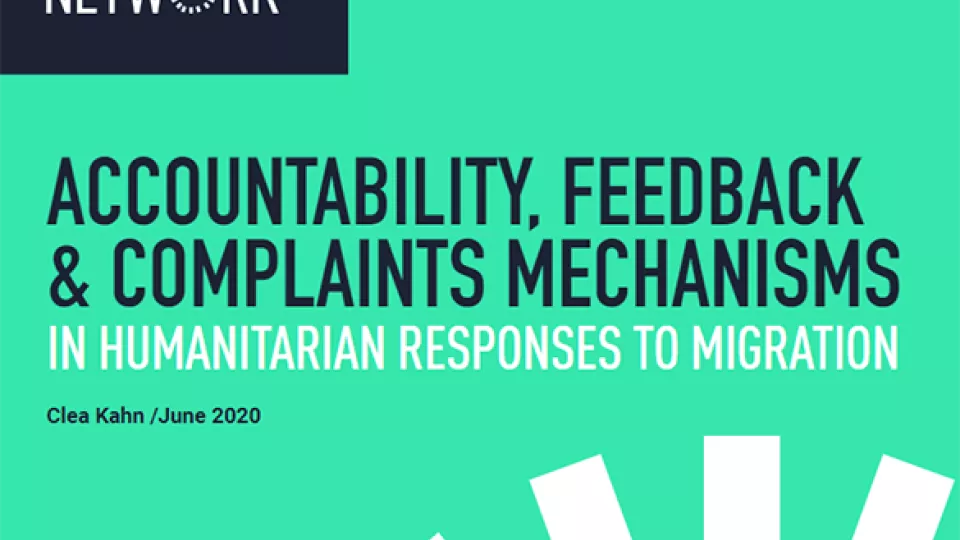
This guidance, developed by humanitarian consultant Clea Kahn, aims to give humanitarian actors a guidance for developing their accountability mechanisms in the context of mixed migration, with a focus on complaints and feedback mechanisms. Excellent guidance already exists on how to implement feedback and complaint mechanisms in humanitarian contexts, and this is not intended to replace or duplicate those. It should be read as a supplement, to provide additional reflection for humanitarian actors working in migration contexts.
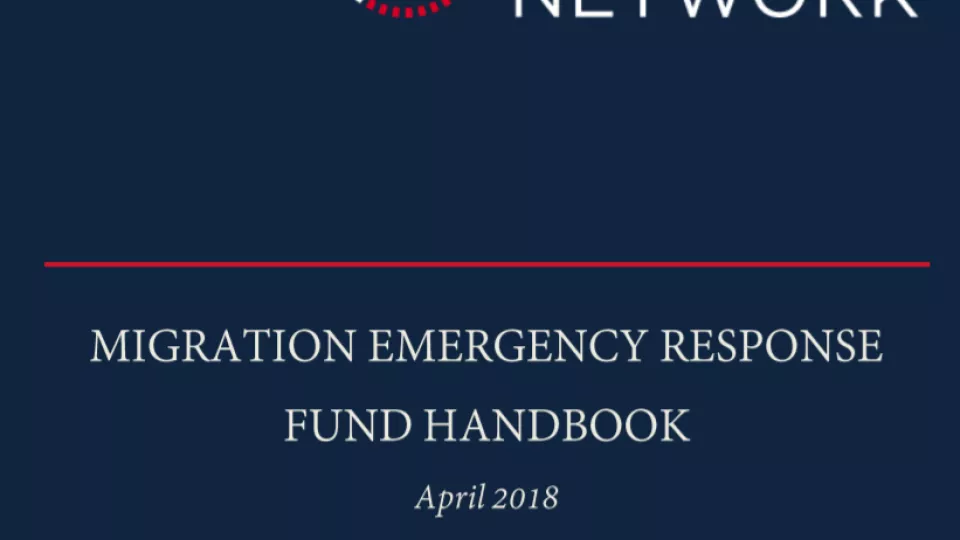
This handbook is for MERF members, from headquarters to in-country staff. The handbook is a guide to the most up-to-date processes, systems, and governance mechanisms which enable the MERF to operate. It is a live document and will be continuously updated based on experience and feedback.
A new series of technical discussion papers by the Start Network, the Red Cross Red Crescent Climate Centre and the International Federation of Red Cross and Red Crescent Societies explores how evolving disaster risk financing (DRF) approaches could be a game changer in acting earlier, quicker and more effectively to predictable humanitarian crises. The papers are attempting to redefine how DRF meets humanitarian objectives. Building on the practical experience of the Start Network and IFRC the papers call for a move from the traditional DRF sovereign approach to a more human-impact driven approach to risk financing, identifying the financial and operational needs from the ground up; an ‘impact before instruments approach. Each paper explores the need for such a renewed approach whilst identifying some of the technical challenges and posing solutions to make disaster risk financing work most effectively in the humanitarian context. The aim is to ignite dialogue and build collaboration around key technical challenges whilst highlighting some key solutions to unlock the potential of DRF for humanitarian action.
Most disasters are not unpredictable, but treating them as such leads to critical opportunities to save lives and build long term resilience being missed.
Between 1 January and 20 August 2018, some 27,788 migrants have arrived by sea and 4,125 by land from Morocco to Europe in 2018. Doctors of the World, were awarded MERF funding to respond to the needs of over 8,000 migrants in a three month intervention programme.
In September 2018, Doctors of the World were awarded MERF funding to repond to urgent needs of migrants during a migration spike within the city Agadez in Niger.